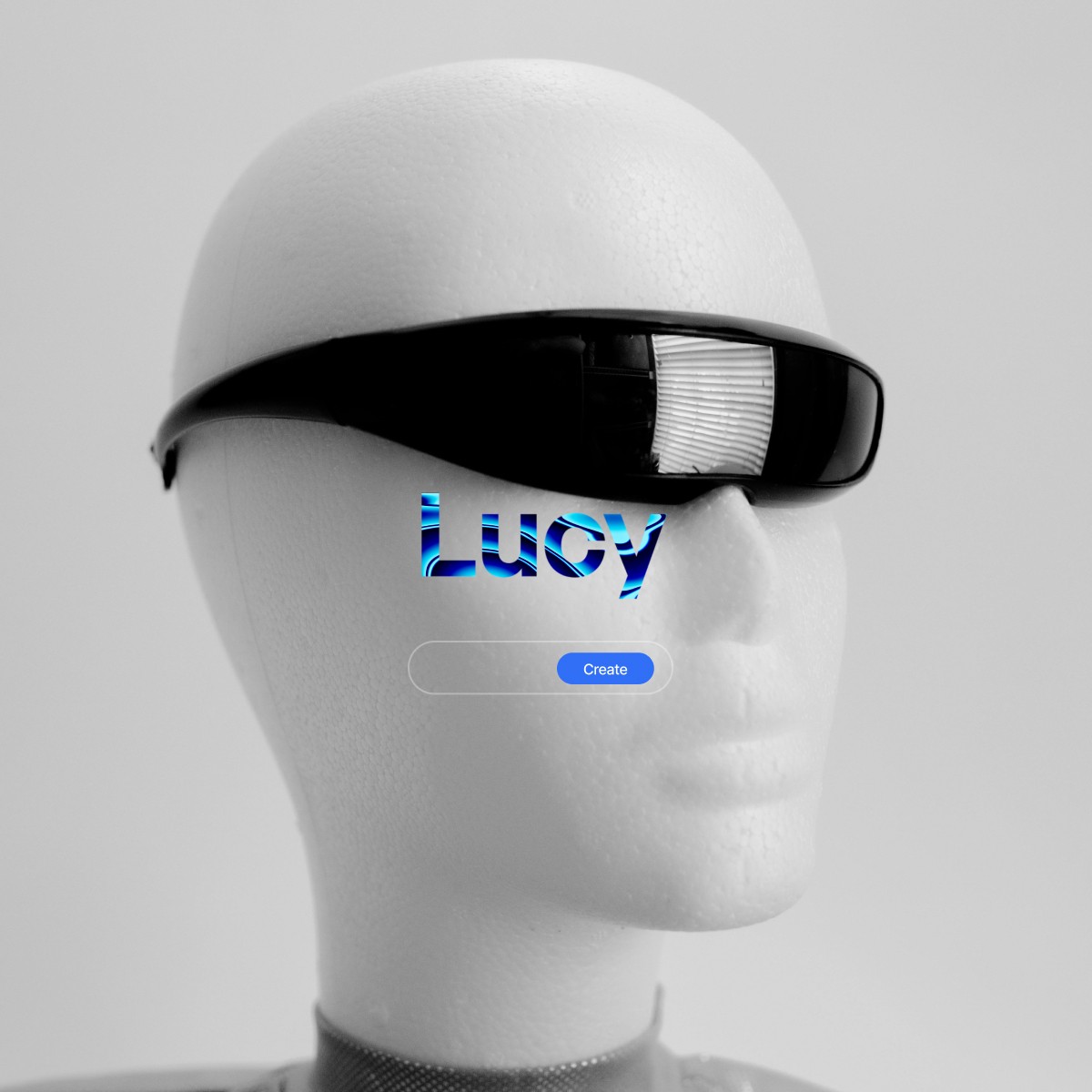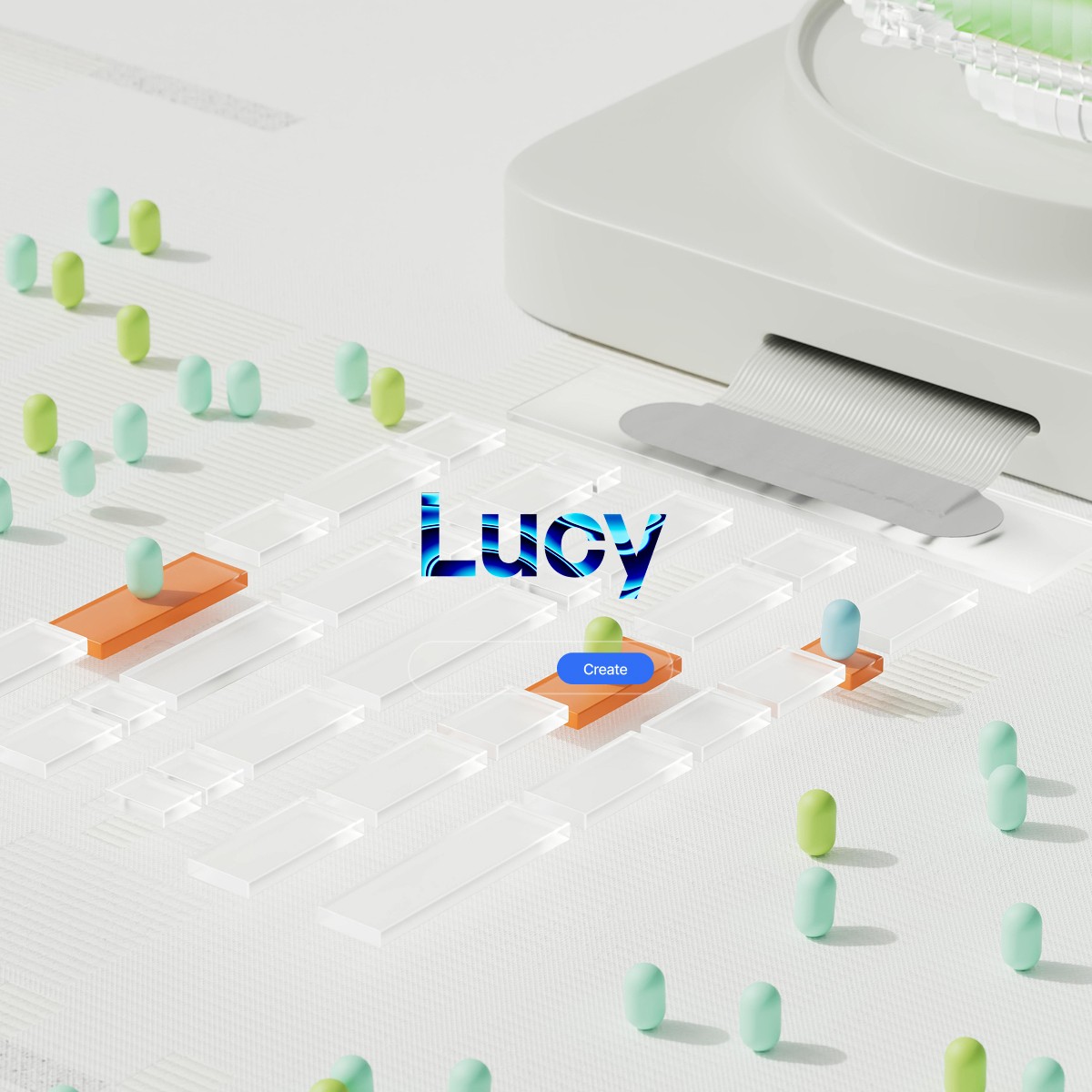



impossible to
possible

LucyBrain Switzerland ○ AI Daily
10 Signs You Need a Better Productivity System (And How AI Prompts Can Help)
May 17, 2025
By TopFreePrompts AI Team
May 16, 2025 • 6 min read
In a world where "productivity" has become a constant buzzword, it's easy to miss the warning signs that your current approach isn't actually serving you. Despite the countless apps, methodologies, and techniques available, many of us still end each day feeling like we've barely scratched the surface of what we hoped to accomplish.
The reality? Modern work demands have evolved faster than traditional productivity systems can handle. Information overload, context switching, and digital distractions create challenges that weren't accounted for in conventional time management approaches.
If you've been feeling the strain despite your best efforts, you're not alone. Here are 10 clear signs that your current productivity system needs an upgrade – and how the strategic use of AI prompts can transform your approach.
1. You constantly feel busy but rarely feel accomplished
The Warning Sign: You're working longer hours than ever, yet meaningful progress seems elusive. Your days are filled with activity, but at the end of the week, you struggle to identify significant achievements. This "busy but not productive" state has become your normal operating mode.
Why It Happens: Traditional productivity systems often focus on task completion rather than impact. This leads to prioritizing easy, visible work over deeper, more meaningful contributions that move the needle.
How AI Prompts Help: AI assistants excel at helping you distinguish between activity and achievement. Using a properly designed prompt, you can analyze your task list through the lens of actual impact rather than just completion.
Try a Task Impact Analysis prompt that evaluates your to-do list based on meaningful outcomes rather than simply checking boxes. This type of analysis helps identify which activities create genuine value versus those that merely keep you busy.
2. Your to-do list has become a source of anxiety rather than clarity
The Warning Sign: Looking at your task list triggers stress rather than focus. You've started avoiding your productivity system because it feels more like a record of failures than a helpful tool. Tasks migrate from day to day, week to week, without resolution.
Why It Happens: Most task management systems don't account for the psychological aspects of productivity. When lists grow beyond manageable limits, they become counterproductive, creating decision fatigue and avoidance behaviors.
How AI Prompts Help: AI can transform an overwhelming to-do list into a psychologically manageable action plan. The right prompt helps you not just organize tasks but reimagine them in a way that reduces cognitive load.
A To-Do List Reimagining prompt can take your existing task list and restructure it based on energy requirements, contextual groupings, and psychological triggers. This approach makes your task list work with your brain rather than against it.
3. You start strong with new systems but can't maintain them
The Warning Sign: You've tried multiple productivity methods – from Getting Things Done to Bullet Journaling to Pomodoro – but after the initial excitement, you always revert to old habits. Your desk drawer or digital space is filled with abandoned systems.
Why It Happens: Many productivity systems require significant behavior change without accounting for habit formation principles. They demand perfect execution rather than gradual adaptation to your specific workflow.
How AI Prompts Help: The right AI prompts can help you create a personalized hybrid system that incorporates the best elements of established methods while adapting to your unique needs and circumstances.
A Productivity System Integration prompt can analyze your previous attempts, identify which elements worked for you, and design a customized approach that builds on those strengths while being more sustainable long-term.
4. You spend more time organizing tasks than completing them
The Warning Sign: You've become a productivity system tinkerer, constantly reorganizing, recategorizing, and restructuring your tasks. The system itself has become a project rather than a tool serving your actual work.
Why It Happens: Complex productivity systems often create overhead that competes with the work they're meant to facilitate. When perfecting the system becomes the goal, actual output suffers.
How AI Prompts Help: AI assistants excel at streamlining processes and identifying unnecessary complexity. The right prompt can help you strip your system back to its essential elements while maintaining effectiveness.
Try a Productivity System Minimalization prompt that analyzes your current approach and identifies where complexity can be reduced without sacrificing functionality. This creates a leaner system that stays out of your way.
5. You frequently miss important deadlines or details
The Warning Sign: Despite your best intentions, things continue to fall through the cracks. You've experienced embarrassing misses on deadlines, forgotten important follow-ups, or overlooked critical details in projects.
Why It Happens: Most productivity systems excel at capturing obvious tasks but struggle with dependencies, implicit commitments, and downstream consequences of decisions.
How AI Prompts Help: AI assistants can systematically analyze commitments and identify hidden dependencies or implications that might otherwise be missed.
A Commitment Extraction prompt can review meeting notes, email threads, or project plans to identify both explicit and implicit commitments, ensuring nothing gets missed. This creates a more comprehensive capture system that accounts for both stated and unstated obligations.
6. Your energy levels and your task list rarely align
The Warning Sign: You frequently find yourself facing high-cognitive-demand tasks when your energy is lowest, or handling trivial work during your peak mental hours. This mismatch leaves you feeling perpetually inefficient.
Why It Happens: Traditional task management systems organize work by deadline or project, not by the energy requirements needed for optimal execution. This creates a fundamental misalignment with human cognitive patterns.
How AI Prompts Help: The right AI prompt can help you map your natural energy fluctuations and align your tasks accordingly, creating a workflow that works with your biology rather than against it.
An Energy-Based Task Mapping prompt helps you analyze your natural productivity patterns and reorganize your workflow to match high-energy periods with demanding tasks and lower-energy times with more routine work.
7. You constantly context-switch between different tools and systems
The Warning Sign: Your productivity infrastructure is fragmented across multiple apps, notebooks, and systems. You waste significant time just moving between these different tools and ensuring information is synchronized.
Why It Happens: As work has become more complex, specialized tools have proliferated. Without an integrated approach, each new tool adds friction rather than reducing it.
How AI Prompts Help: AI can serve as a central interface that brings cohesion to disparate systems, reducing the mental overhead of context switching.
A Workflow Integration prompt can help you design connection points between different tools and create standardized processes that minimize switching costs. This creates a more unified experience despite using multiple platforms.
8. Your system can't handle the unexpected
The Warning Sign: Your productivity approach works fine during normal weeks, but completely breaks down during high-stress periods, travel, illness, or unexpected crises. When you need your system most, it fails you.
Why It Happens: Many productivity methods are optimized for ideal conditions rather than resilience. They lack built-in contingencies for when circumstances change dramatically.
How AI Prompts Help: AI assistants excel at scenario planning and developing robust systems that adapt to changing conditions.
A Productivity Contingency Planning prompt helps you develop specific protocols for different scenarios, ensuring your system bends rather than breaks under pressure. This creates resilience that maintains productivity even during challenging periods.
9. You can't easily explain your system to someone else
The Warning Sign: If someone asked you to describe your productivity approach, you'd struggle to articulate it clearly. Your system has evolved into a collection of habits and tools without a coherent underlying philosophy.
Why It Happens: Without clear principles guiding your productivity decisions, systems tend to grow organically in ways that eventually become unwieldy and inconsistent.
How AI Prompts Help: The right prompts can help you distill your approach into clear principles and frameworks that create consistency across different areas of work.
A Productivity Philosophy Development prompt assists in articulating the core principles that should guide your system, creating a foundation that makes decision-making more consistent and coherent.
10. Your productivity approach doesn't evolve with your changing needs
The Warning Sign: The system that worked perfectly for you last year now feels constraining or inadequate. As your responsibilities have shifted, your productivity approach hasn't adapted accordingly.
Why It Happens: Many productivity systems are static rather than evolutionary. They don't include mechanisms for regular assessment and adaptation based on changing circumstances.
How AI Prompts Help: AI excels at analyzing patterns and suggesting refinements based on changing conditions and requirements.
A Productivity System Evolution prompt can help you regularly audit your approach against your current needs, identifying areas where your system needs to grow or change. This creates a dynamic system that evolves alongside your career and life.
The Future of Productivity: AI-Enhanced Systems
The most effective modern productivity systems don't try to replace human judgment with algorithms or templates. Instead, they augment your natural capabilities while compensating for cognitive limitations.
AI prompts represent a fundamentally different approach to productivity. Rather than forcing you to adapt to rigid methodologies, they allow you to create flexible, personalized systems that:
Adapt to your unique cognitive style instead of demanding you change how your brain works
Evolve with your changing needs rather than becoming obsolete as your role changes
Reduce cognitive overhead instead of adding to your mental load
Integrate with your existing tools rather than requiring wholesale changes
Scale up or down based on circumstances instead of breaking under pressure
Getting Started with AI-Enhanced Productivity
If you recognized yourself in several of the warning signs above, it's time to consider how AI prompts might transform your approach to productivity. Here's a simple process to begin:
Identify your biggest productivity pain point from the list above
Find a specialized prompt designed to address that specific challenge
Experiment with customizing the prompt to your particular situation
Implement the resulting system for at least two weeks
Evaluate the impact and refine as needed
Remember that the goal isn't to create a perfect productivity system, but rather one that effectively supports your work and wellbeing. The right AI prompts can help you design an approach that feels less like a constant struggle and more like having a tailored support system for your unique needs.
By leveraging AI as a thinking partner rather than just a task manager, you can develop a productivity system that finally delivers on the promise of helping you do your best work without sacrificing your sanity in the process.



